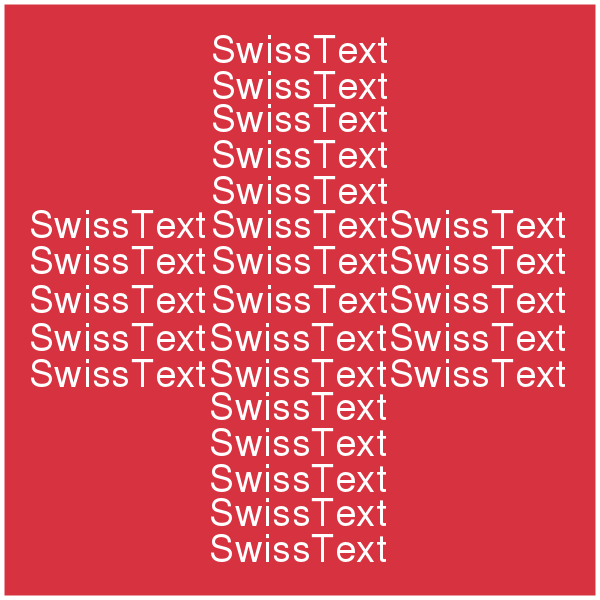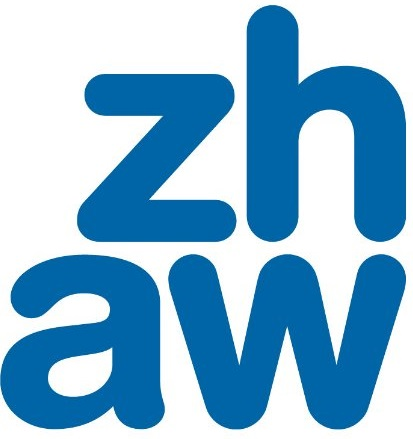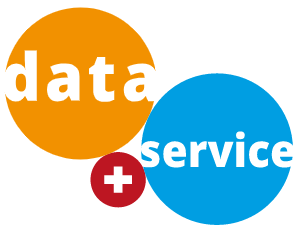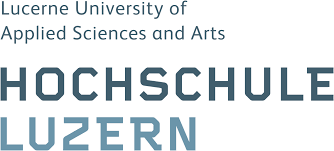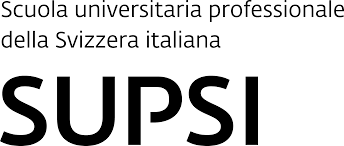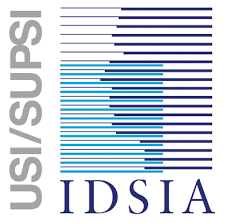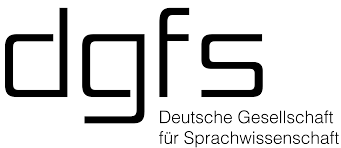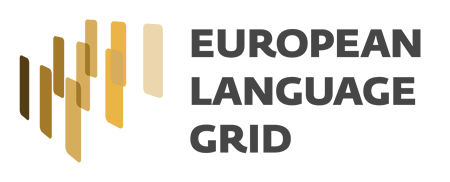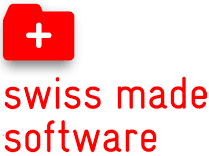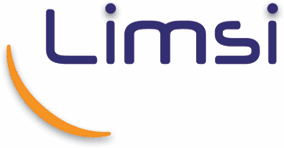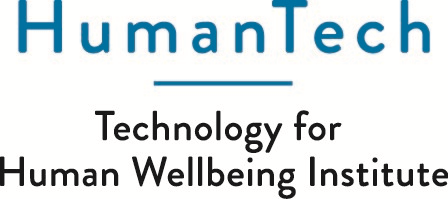Joint Online Conference SwissText & KONVENS
June 23-25 2020
Thanks to all our wonderful participants!
Important information:
- The videos for most talks have been published. You can find them on the YouTube Channel of SwissText or on this website by clicking here.
- The conference proceedings are available here and the proceedings of GermEval Task 1 (“Classification and Regression of Cognitive and Motivational Style from Text”) can be found here.
About SwissText & KONVENS:
SwissText is an annual conference established in 2016 by the Zurich University of Applied Sciences (ZHAW) that brings together text analytics experts from industry and academia.
KONVENS has been held regularly since 1992 and deals with all areas of natural language processing.
This year and for the first time, the two conferences will be held jointly. One main goal of the event is to bring together practitioners and researchers based in Switzerland, to give an overview of existing solutions and applications in the domain of text analytics and natural language processing, and to come up with ideas for new and innovative projects.
Text Analytics is used in many commercial and industrial sectors, for instance, for process optimization, decision support, and development of new products and services. Our goal is to bring together practitioners and researchers, to give an overview of existing solutions and technologies, and to come up with ideas for new and innovative projects using automatic text understanding.
Keynote Speakers 2020
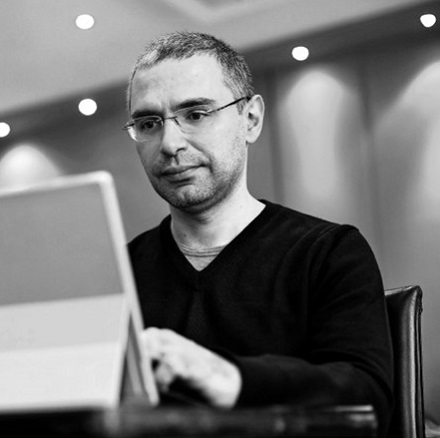
Biography : Roberto Navigli is a full professor in the Department of Computer Science at the Sapienza University of Rome and a co-founder of Babelscape. He is an expert in multilingual Natural Language Processing and the creator of BabelNet, a popular multilingual knowledge graph and encyclopedic dictionary. He is one of the few researchers in Europe to have received two ERC grants.
Abstract : What’s new in multilingual sense embeddings, Word Sense Disambiguation and Semantic Role Labeling
Natural Language Processing has seen an explosion of interest in recent years, with many industrial applications relying on key technological developments in the field. However, Natural Language Understanding (NLU) – which requires the machine to get beyond processing strings and involves a deep, semantic level – is particularly challenging due to the pervasive ambiguity of language.

Biography : Anya Belz is Professor of Computer Science at the University of Brighton, UK. Belz’s research is in the intersection of Machine Learning and NLP, spanning both text generation and text analysis. She is best known for her work on statistical NLG, and on evaluation of automatically generated text. Belz spearheaded the introduction of comparative and competitive evaluation in NLG, chairing the Generation Challenges series of shared tasks 2007–2012 and continuing to co-organise the Multilingual Surface Realisation shared task. Other research has included text generation for image description, knowledge extraction from user-generated text, and NLG and NLA for automated journalism.
Abstract : How Long is a Piece of String: 13 Years of Comparative Evaluation in Natural Language Generation
The field of Natural Language Generation (NLG) was a late adopter of the paradigm of comparative and competitive evaluation, not organising its first shared-task competition until 2007. Since then there has been a steady stream of new shared tasks and evaluation studies. But are we in 2020 where we want to be in terms of our knowledge and practice of evaluating automatically generated language? In this talk, I will present an overview of developments in NLG evaluation over the past 13 years, focusing on what aspects of system quality have been prioritised and what evaluation methods have been used, before picking out some topics that have received less attention, and describing some of the exciting developments currently underway, including a multi-lab reproducibility study of NLG evaluation results, and a survey of 20 years worth of evaluations in NLG.

Holger Schwenk
Holger Schwenk is a Research Scientist at Facebook AI Research in Paris focusing on Deep Learning for cross-lingual representations and parallel resources. Previously he was founder and Scientific Director of DeepLingo working on customised machine translation engines. Further assignments included: professor at the University of Le Mans from 2007 to 2015 and researcher at MateCat. Holger Schwenk was an early advocate of using neural networks for language modelling and machine translation.
Organisation
Conference Chairs: Prof. Mark Cieliebak (ZHAW) & Prof. Martin Volk (UZH)
Organising Committee :
ZHAW: Manuela Hürlimann, Don Tuggener, Fernando Benites, Katsyiaryna Mlynchyk, Esin Gedik, Jan Deriu
UZH: Sarah Ebling, Debora Beuret, Noëmi Aepli
The Conference is organised jointly by the Zurich University of Applied Science (ZHAW) and the University of Zurich (UZH), and co-organised by the Swiss Alliance for Data-Intensive Services.
It is supported by the Swiss Innovation Agency (Innosuisse) and industrial sponsors.
Sponsors
See the full list of our sponsors here.
